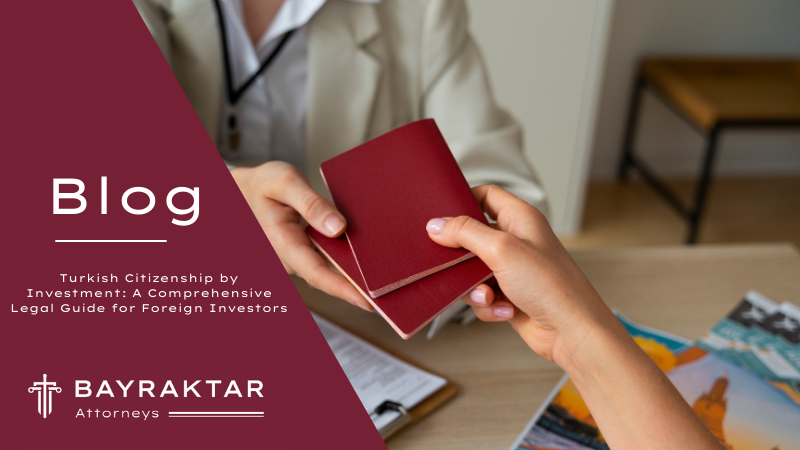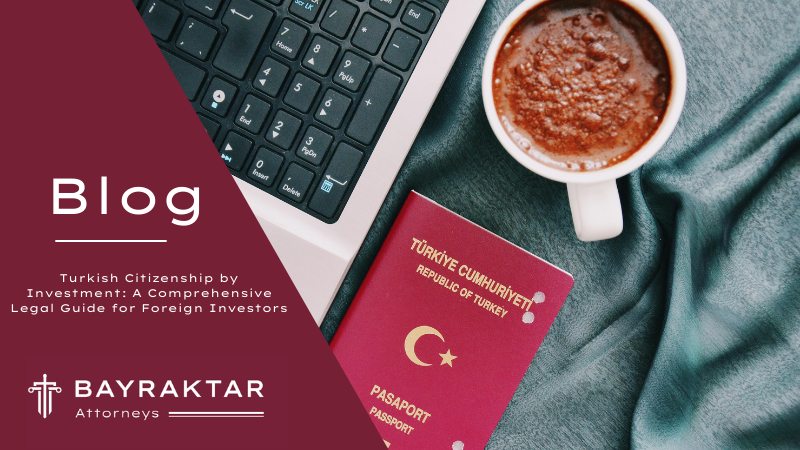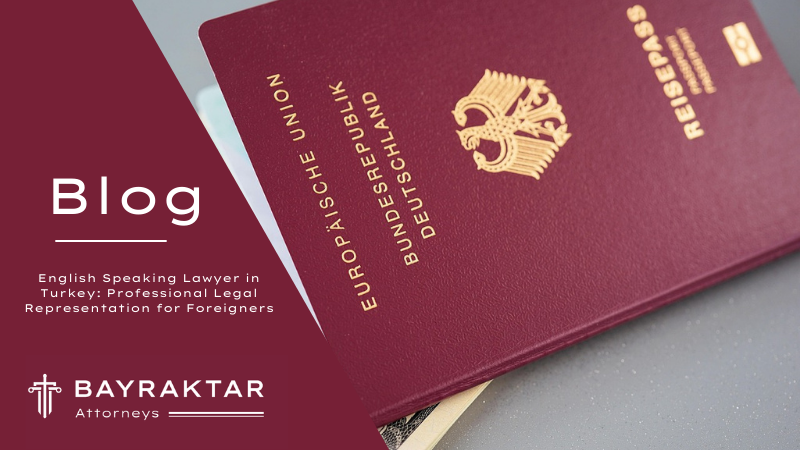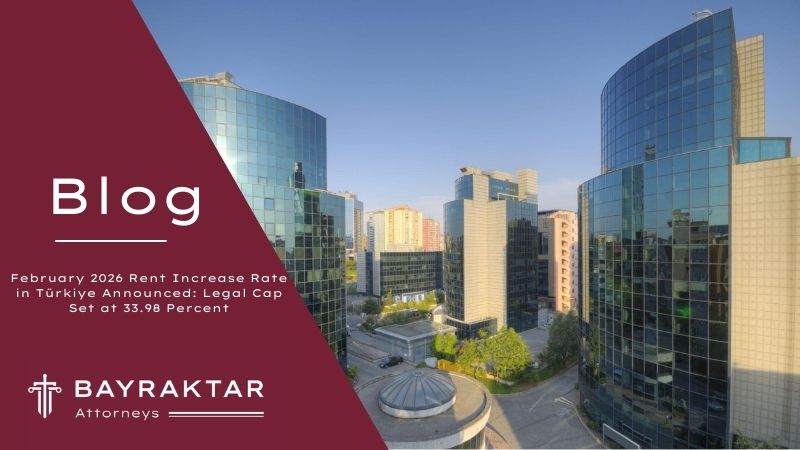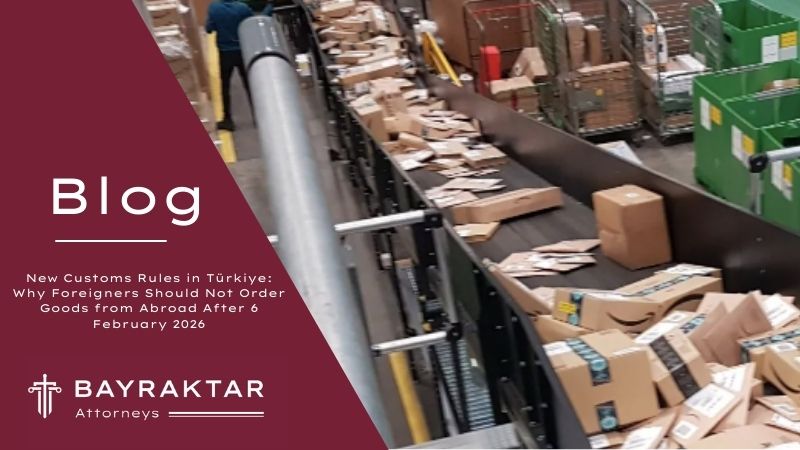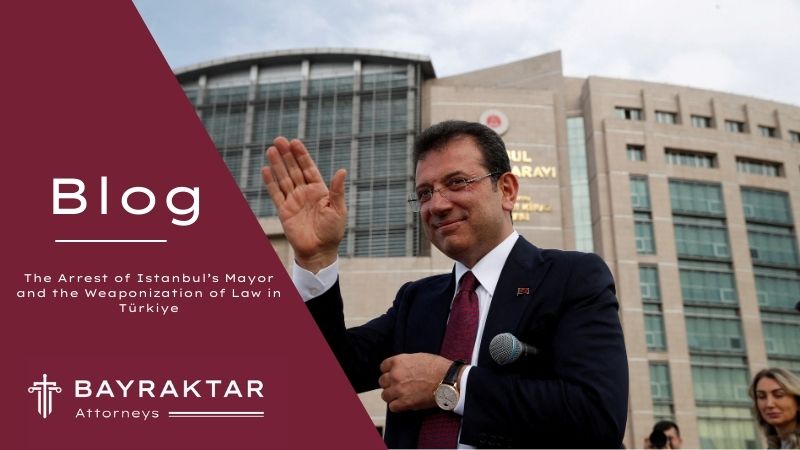![["A realistic photograph of a Turkish border customs checkpoint with multiple passenger suitcases, a Turkish flag, and everyday items like wine, tobacco, and toiletries, representing permitted duty-free goods."]](https://admin.bayraktarattys.com/api/admin/images/images/projects/6e67bf01-ef2e-4c7f-9ba8-0b91947aa466_turkey-customs-guide-for-passenger-goods.jpg)
As road traffic into Türkiye increases during the summer months, the Ministry of Trade has announced a comprehensive plan for border crossings in 2025.
For instance, the number of entry booths at Kapıkule has been doubled from 12 to 24, and additional customs and passport officers have been assigned to ensure uninterrupted service.
Citizens living abroad frequently drive foreign-plated vehicles into Türkiye during June to August. This results in heavy traffic at border points shared with Greece and Bulgaria, especially Kapıkule, İpsala, Hamzabeyli, and Pazarkule. Measures have been taken to make passenger transitions faster and more comfortable.
Real-Time Border Monitoring and Services
Between June 15 and September 15, live camera feeds showing the current border situation will be available through the Trakya Customs and Trade Regional Directorate's website.
Mobile service vehicles from PTT and Ziraat Bank are deployed at Kapıkule, and extra treasury cashier units have been opened by the Ministry of Treasury and Finance. Security has been increased, rest areas established, and internal traffic flow optimized with new road markings and signs.
Entering Türkiye: Customs Channels
Travelers entering Türkiye must pass through either the green or red customs channels at land, sea, or airport terminals:
Green Channel: For those carrying no goods that require declaration.
Red Channel: For those carrying goods subject to customs or unsure whether their belongings require declaration.
Customs officers may request declarations regardless of the chosen channel. Bringing prohibited or controlled items may result in fines or imprisonment.
Even personal travel items must be declared to customs officials. Items such as laptops or valuable electronics may require you to fill out a verbal declaration form, even if you intend to leave the country with them.
Updated Passenger Allowances for 2025
Tobacco Products
600 cigarettes
100 cigarillos (max 3g each)
50 cigars
250g pipe tobacco
250g rolling tobacco (with 200 papers)
Alcohol
1L of beverages with alcohol content above 22%
2L of beverages with alcohol content below 22%
Cosmetics
Max 600ml total: cologne, perfume, lavender water, essence, lotion
5 personal care or makeup products
Food
1kg tea
1kg instant coffee
1kg roasted coffee
1kg chocolate
1kg sugar-based sweets
Travelers can choose to use their entire 2kg food exemption for either chocolate or sweets.
Medicines
With proper documentation (e.g. prescription or medical report), travelers may bring in reasonable quantities of medication for personal treatment.
Pets
Travelers may bring up to 2 pets (limited to cats, dogs, or birds) or 10 aquarium fish with veterinary and identity documents, subject to inspection.
Mobile Phones
One mobile phone per traveler is exempt from tax every 3 calendar years. However, a usage registration fee of 45,614.20 TL (as of 2025) must be paid before registration with mobile operators.
Gifts and Other Goods
Travelers may bring non-commercial personal or gift items valued up to 430 euros (150 euros for travelers under 15).
Phones are excluded from gift exemptions and must be brought personally.
Bandrol Fee for Electronics
Electronic devices brought into the country for personal use are subject to a one-time TRT bandrol fee based on device type and screen size (for TVs).
Religious Diet
Tourists with religious dietary requirements may bring special food if certified by a tourism agency and guaranteed for personal use.
Extended Timeframe
If delays occur due to force majeure, travelers may apply once for an extension of up to 6 months beyond the standard one-month before or three-months after arrival window for shipping personal belongings.
Taxable Goods Under 1500 Euro
Goods worth up to 1500 euros are subject to fixed tax rates depending on their country of origin:
30% for EU countries
60% for non-EU countries
+20% additional tax for goods under Special Consumption Tax List IV
If the value exceeds 430 or 150 euros (based on age), only the excess portion is taxed.
Also Read; What Happens If You’re Caught Exceeding the Gold Limit at Turkish Customs
Value Determination
Value is based on invoice, receipt, or proof of payment. If not provided or deemed too low, customs will assess the value.
